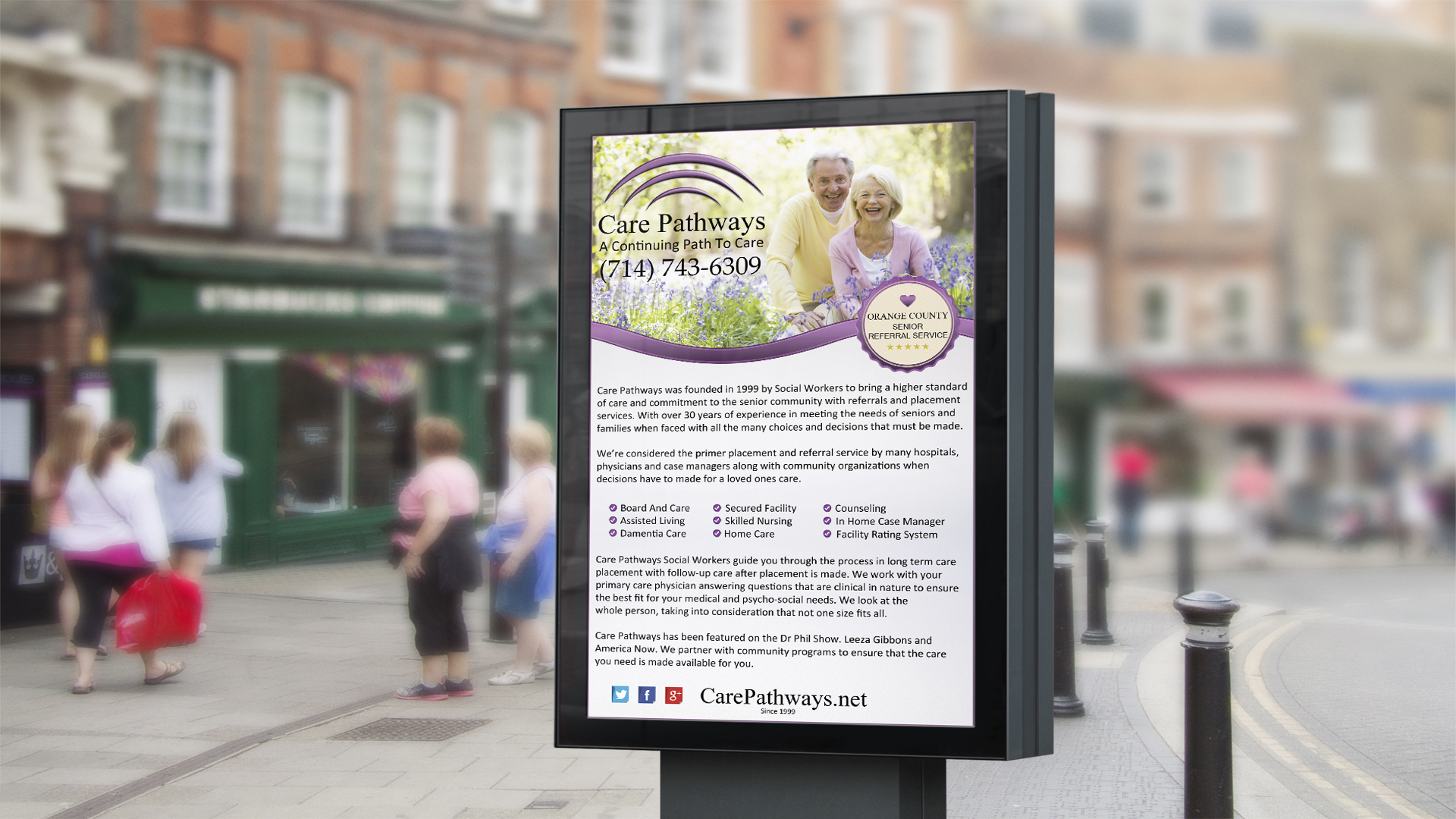
Care Pathways
People with dementia may sometimes behave in a challenging way, for example aggression or shouting out. This can be very distressing. By understanding what may cause this type of behavior and learning how to deal with it, you make sure it happens less often and that you feel able to manage when it does.
There are number of reasons why a person with dementia may act aggressively, and it is important to recognize that being in a hospital environment can make this behavior worse. Recognizing these reasons and providing person-centered care can very often begin to alleviate behavior. Reasons may include:
An unfamiliar environment and people, changes in care practice and the stress of hospitalization, along with an inability to articulate this.
An expression of unmet need, for example pain, dehydration or boredom.
Feeling frightened or humiliated.
Feeling frustrated at being unable to understand others or make themselves understood.
The physical effects of dementia, which may have eroded their judgement and self-control.
Loss of inhibitions and decreased awareness of rules about appropriate behavior.
Any form of aggression can be upsetting, but the most important thing to remember is that the person is not being aggressively deliberately. The behavior may appear to be targeted at you, but that is also not true.
It’s important to remember that all behavior is a form of communication. If you can establish what the person with dementia is trying to communicate, it may prevent them from feeling frustrated and acting aggressively.
Although the emotion at the root of the aggressive may persist, the person with dementia will probably quickly forget individual incidents.
A person with dementia may behave aggressively if they are in physical discomfort or pain or simply thirsty, hungry or want to go to the bathroom.
Try to stay calm and don’t enter into an argument. Reassure the person and try to distract their attention.
If the person is physically violent, give them plenty of space. Unless it is absolutely necessary, avoid closing in or trying to restrain someone as this can make matters worse.
Ask yourself if whatever you are trying to do for the person really needs to be done at that moment. If you are able to give them a little space, come back in five or ten minutes and try again gently − you may be able to avoid a confrontation.
Watch out for warning signs, such as anxious or agitated behavior or restlessness, and take action immediately to help the person feel more calm and reassured.
Try to work out what triggers any aggressive behavior by communicating with colleagues and the care givers. It may be something that can easily be addressed such as changing a battery in a hearing aid so the person with dementia can hear your explain you are going to undress them for a wash.
Talk to the person with dementia about what is upsetting them and involve care givers where possible, be patient and reassuring.
It is not an easy road sometimes and every person is different.
Being ill and not being able to communicate if you are in pain, hungry or feel the urge to go to the bathroom think how hard it may be for that person. Especially when a loved one is uncomfortable and you as the adult child or spouse do not know what to do. I suggest to anyone caring for a loved with this disease to make sure you educate yourself on what to expect.
And find support for yourself with your local Alzheimer’s Association you can find your local chapter by calling here The Alzheimer’s Association 24/7 Help line provides reliable information and support to all those who need assistance. Call the toll-free anytime day or night at 1.800.272.3900.
Behaviors and Dementia September 14th, 2015Mary Kay Evans







